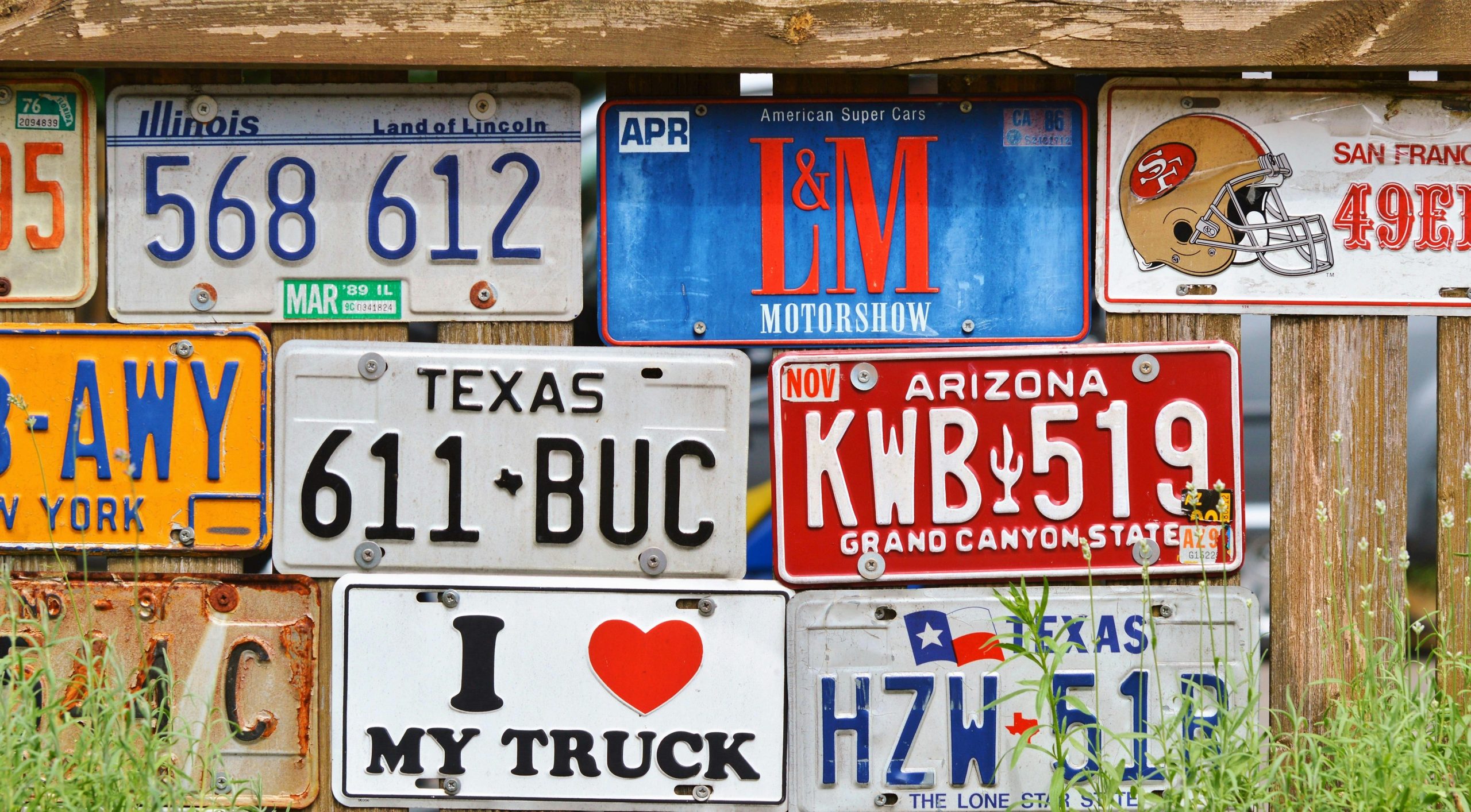Dealing with Uninsured Rental Car Accidents: What Are Your Options?
Accidents involving rental cars can be complex, especially when the at-fault driver lacks proper insurance coverage. If you’ve found yourself in such a situation, understanding your legal and financial options is crucial to protect your interests.
The Scenario
Imagine this: You’re involved in a collision where a rental car driver hits you, and clear evidence — including a police report and video footage — confirms they are entirely at fault. Surprisingly, the driver’s step-parent, who rented the vehicle, did not add her to the insurance policy, and she is under 25. Because of this oversight, her insurance company refuses to cover the damages.
Your Current Position
Your personal insurance has covered most of your losses, but you’re still facing out-of-pocket expenses amounting to several thousand dollars. With the at-fault party’s insurance refusing to pay, you’re left wondering: what steps can you take to seek compensation?
What Can You Do?
-
Assess Legal Options:
Your first step should be consulting with an experienced personal injury or civil litigation attorney. While your insurance company may have indicated they won’t pursue legal action, they might still be able to assist in recovering your costs through other means. Remember, if the at-fault driver or their responsible parties have limited coverage, filing a lawsuit could be a viable path to recover your expenses. -
Explore Insurance Claims and Subrogation:
Even if the at-fault driver’s insurance doesn’t cover your damages, your insurer might have pursued subrogation rights to recover costs from the responsible party. Collaborate with your insurance provider to understand what claims they have filed and what avenues remain. -
Consider the Claims Against the Rental Party:
Since the rental was handled by a step-father who didn’t add the driver to the policy, there might be grounds for a claim based on negligence or breach of rental agreement terms. If the rental company or the responsible individual failed to ensure proper insurance coverage, you might have a legal claim against them. -
Document Everything:
Keep detailed records of all communications, police reports, video evidence, medical bills, and repair estimates. These documents will be essential if you decide to pursue legal action. -
Stay Persistent and Seek Legal Guidance:
Given the complexities involved, especially with uninsured or underinsured parties, contacting a legal professional experienced in



